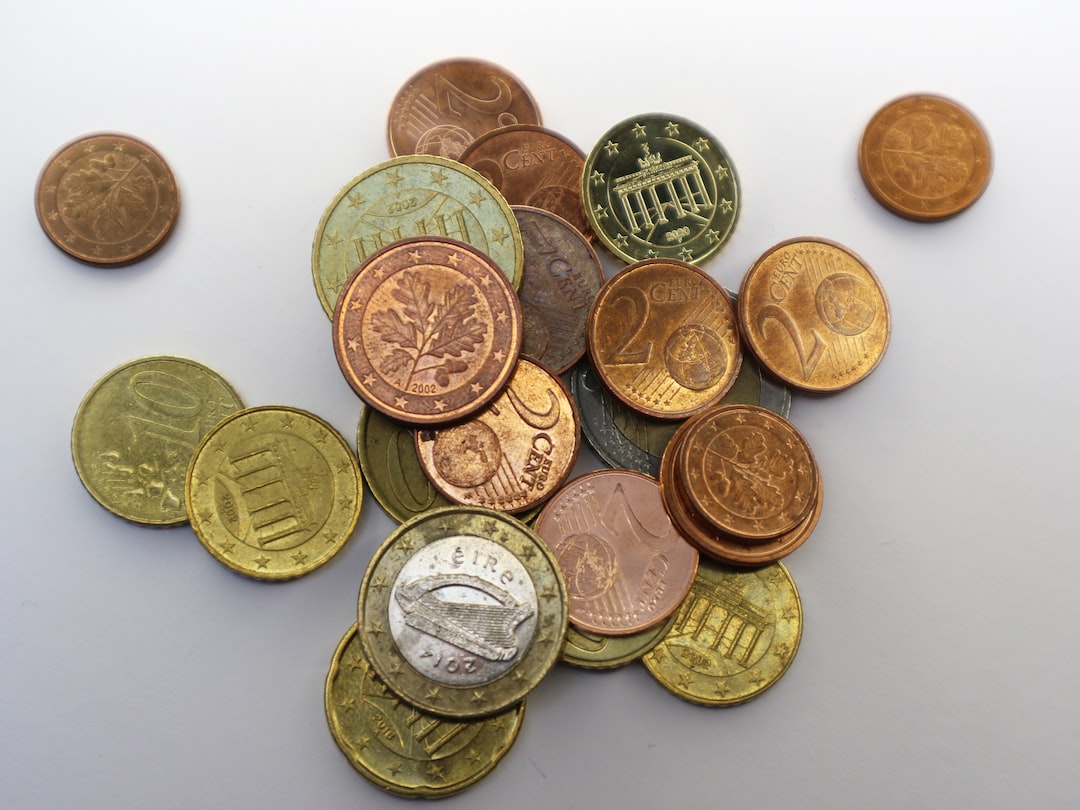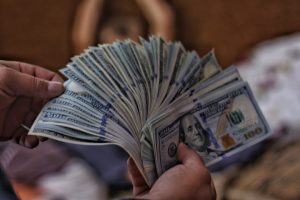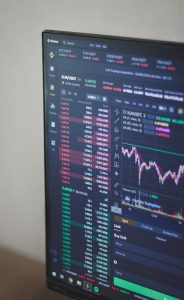Forex trading is a popular way to invest in the financial markets. It involves buying and selling currencies in the hope of making a profit. While some traders engage in this activity as a hobby or side hustle, others do it as a full-time career. But how many times do you have to trade a week for the IRS to consider forex trading a career?
The answer is not straightforward. The IRS does not have a specific number of trades that must be made in a week or any other time frame. Instead, they consider several factors to determine if forex trading is a career or a hobby.
The first factor is the intent of the trader. If you engage in forex trading with the intent of making a profit, then the IRS is more likely to consider it a career. On the other hand, if you do it for fun or as a hobby, then they will view it as such.
The second factor is the frequency of trading. While the number of trades made in a week is not the only consideration, it is an important one. If you make frequent trades, such as several times a day or multiple times a week, then the IRS is more likely to consider forex trading a career.
The third factor is the trader’s level of expertise. If you have extensive knowledge and experience in forex trading, then the IRS is more likely to view it as a career. This is because it demonstrates that you have put in significant time and effort to learn the skills necessary to be successful in the field.
The fourth factor is the time and effort spent on forex trading. If you spend a significant amount of time and effort on forex trading, such as researching and analyzing the markets, creating a trading plan, and monitoring your trades, then the IRS is more likely to consider it a career.
It is important to note that the IRS considers all these factors and more when determining if forex trading is a career or a hobby. The number of trades made in a week is just one piece of the puzzle.
If the IRS determines that forex trading is a career, then you may be eligible for certain tax deductions and benefits. For example, you may be able to deduct expenses related to your trading activities, such as the cost of a computer or internet service. You may also be able to claim a home office deduction if you use a dedicated space in your home for trading.
On the other hand, if the IRS determines that forex trading is a hobby, then you will not be eligible for these tax benefits. Additionally, any losses incurred from trading may not be deductible.
In conclusion, there is no set number of trades that must be made in a week for the IRS to consider forex trading a career. Instead, they consider several factors, including the trader’s intent, frequency of trading, level of expertise, and time and effort spent on trading. If you engage in forex trading as a career, you may be eligible for certain tax benefits, but if it is a hobby, you will not be eligible for these benefits. It is important to consult a tax professional for specific guidance on your individual situation.





